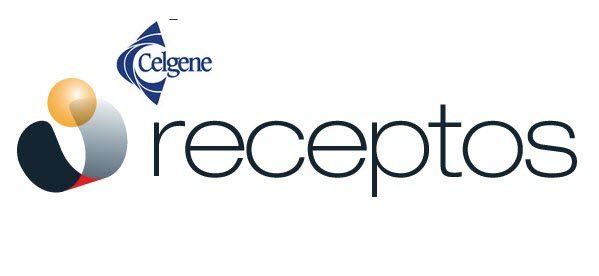The fact that global biotech markets could be in the late stages of a bubble that kicked off between four and five years ago is making some investors, both private and institutional, wary about allocating capital to the space. After a number of temporary corrections during which analysts suggested we may start to finally see a turnaround in the sector, we continue to trade higher and higher in the major biotech indices, outstripping the vast majority of other industries along the way. However, there are a number of companies that seem to remain extremely bullish on biotech prospects. One of these is Celgene Corporation (NASDAQ:CELG). How do we know? Through its spending and acquisition activity. Over the last few weeks, we’ve seen Celgene acquire Juno Therapeutics Inc. (NASDAQ:JUNO) at nearly twice its open market rate in a $1 billion deal, we’ve seen the company expand its deal with Epizyme, Inc. (NASDAQ: EPZM) in what, over time, could be a close to $650 million deal, and finally, a realignment of its partnership with bluebird bio, Inc. (NASDAQ: BLUE) to the tune of a reported $225 million per product. If an incumbent biotech like Celgene is taking twice open market rate positions on developing stage companies, it is reasonable to conclude that it does not believe in the near-term turnaround in the overall sector, otherwise the company would wait for said turnaround and acquire the assets at a discount. After all, development stage companies like those mentioned are likely to fall further than mega caps such as Celgene. So, why are we discussing this? Well, Celgene has done it again. This time with a $7.2 billion acquisition of Receptos Inc (NASDAQ:RCPT) – its biggest spend so far this year and one that underlines its market outlook. So, with all this said, what is the deal look like, and how can investors on either side of it expect to fare near-term? Let’s take a look.
So, first up, let’s look at the agreement itself. For those poised with a fine tooth comb, you can see the 8K filing here, however, here is a simple outline of what’s involved. Celgene is to acquire all the outstanding shares of common stock of Receptos at a purchase price of $232 per share. At market close on Tuesday, just before the announcement, Receptos hit $207 a share, meaning Celgene is paying a little over a 12% premium on market rate. However, with around 31.5 million shares outstanding, it is reasonable to conclude that if Celgene was to actually purchase the shares in the open market, we would have seen more than 12% increase in price throughout purchase period. Therefore, it is reasonable to say that Celgene got market, is not slightly below market, rate on its latest acquisition – a far cry from the aforementioned Juno deal. In connection with the acquisition, JPMorgan Chase Bank has committed to providing Celgene with an unsecured bridge loan facility of up to $5 billion, which will cover two thirds of the costs of Receptos.
So what does Receptos bring to the table? Well, this is where things get interesting. The company’s primary focus is autoimmune drug development, and it currently has five candidates in its pipeline. The leader of these candidates – and the one which it is reasonable to conclude Celgene has paid so much for the acquisition of – is RPC1063, an orally administered modulator and trafficking agent currently targeted at the treatment of relapsing multiple sclerosis and two chronic, autoimmune, GI inflammatory disorders; Ulcerative colitis (“UC”) and Crohn’s disease (“CD”). In both instances, the treatment modulates the receptor pathway on white blood cells, and in doing so, achieveds sequestration (a complicated word for separation) of water reactive lymphocytes (responsible for disease proliferation) and the area in the body around which the disease resides. Basically, the treatment stops autoimmune diseases from spreading. Receptos initiated a phase 3 trial called SUNBEAM for RPC1063 in its MS incidence back in December 2014, and an update is expected during the third quarter of this year. For the UC and CD incidences, we saw a very promising results from a phase 2 trial that concluded last year, with the standout figure being 58.2% of patients on the 1 mg dose of RPC1063 achieved clinical response, as compared to 36.9% of patients on placebo. Again, during the third quarter this year, the company plans to initiate phase 3 trials for both of these targets.
So, the big question is, has Celgene overpaid for its new asset? The answer is – at present at least – a resounding no. The company expects to hit peak sales for RPC1063 (assuming approval) of more than $6 billion annually, and with the addition of the extended pipeline, expects net annual product sales in excess of $21 billion within the next five years.
Now back to the initial question: what does the deal look like from investors on both the Celgene and Receptos side of the deal? Well, from a Celgene perspective, it looks like a blockbuster acquisition. The company can make that its costs in a little over 18 months upon approval of RPC1063, and has diversified its current portfolio, which is heavily reliant on just a handful of treatments. From a Receptos perspective, the deal looks like an equally good one. Receptos shares have gained nearly 450% over the last 12 months on buyout rumors, and longer-term holders are now able to sell at this rate of gain, without fear that large scale selling will drive down price per share. All in all, a good deal all round. Well, assuming, that is, that approval follows.
